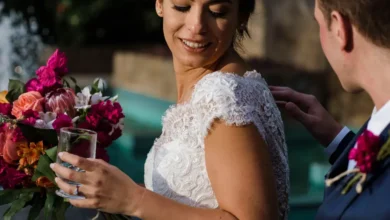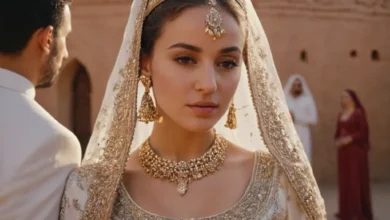The Magic of Arab Weddings, Tradition, and Culture
Arab weddings are more than just a union of two people—they are a vibrant celebration of love, family, and heritage. Known for their grandeur, rich traditions, and heartfelt ceremonies, Arab weddings are a feast for the senses.
From the elaborate henna nights to the lavish receptions, every detail is carefully planned to honor cultural values and create unforgettable memories. In this article, we’ll take a deep dive into the world of Arab weddings, exploring their traditions, rituals, and modern adaptations.
Whether you’re attending an Arab wedding, planning one, or simply curious about this beautiful culture, this guide will provide you with a comprehensive understanding of what makes these celebrations so special.
The Essence of Arab Weddings: A Blend of Tradition and Modernity
Arab weddings are deeply rooted in tradition, but they also embrace modern influences. These celebrations are a reflection of the region’s rich history, diverse cultures, and strong family values. While the specifics may vary from country to country, the core elements of love, unity, and hospitality remain constant.
See also The Vibrant Beauty of Brazilian Wedding Dresses: Tradition, Culture, and Modern Flair
The Vibrant Beauty of Brazilian Wedding Dresses: Tradition, Culture, and Modern Flair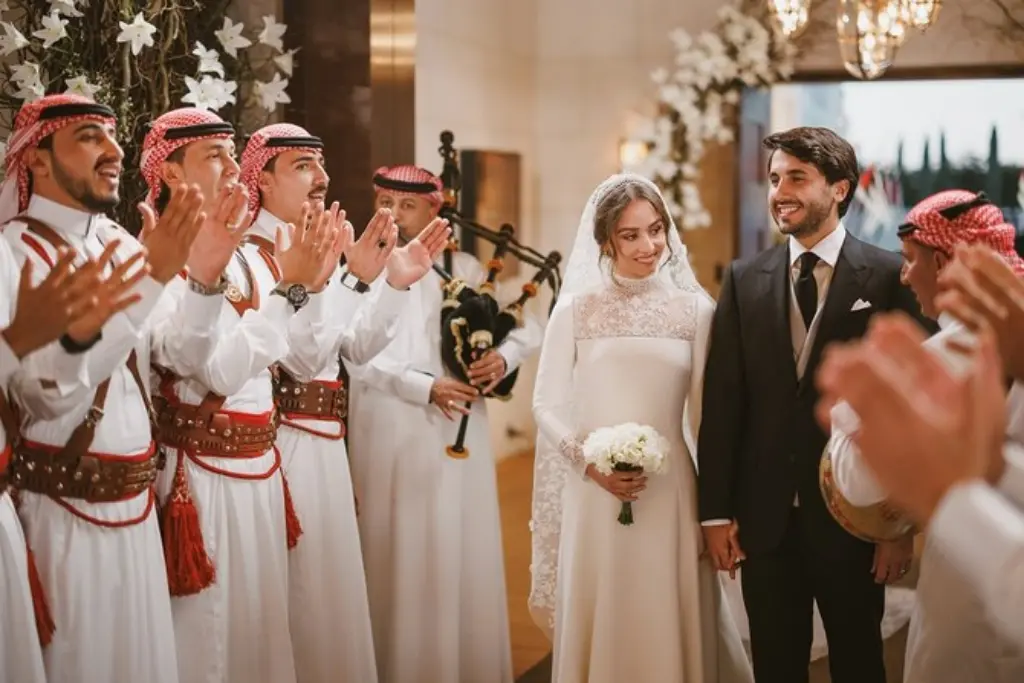
A Celebration of Family and Community
In Arab culture, weddings are not just about the bride and groom—they are a celebration of families coming together. Extended family members, friends, and even the wider community play a significant role in the festivities. This sense of togetherness is one of the most beautiful aspects of Arab weddings.
Regional Diversity
The Arab world is incredibly diverse, and so are its wedding traditions. From the bedouin-inspired weddings of the Gulf to the Andalusian-influenced ceremonies of North Africa, each region has its own unique customs and rituals. Despite these differences, the underlying themes of love, respect, and joy are universal.
Pre-Wedding Traditions: Setting the Stage for the Big Day
Arab weddings are known for their multi-day celebrations, which often begin with a series of pre-wedding rituals. These events are designed to bring families together, honor traditions, and prepare the couple for their new life.
The Henna Night (Laylat al-Henna)
One of the most iconic pre-wedding events is the henna night, also known as Laylat al-Henna. This festive gathering is typically held a day or two before the wedding and is primarily focused on the bride. Her hands and feet are adorned with intricate henna designs, which symbolize beauty, good luck, and protection. The event is filled with music, dancing, and joyful celebrations.
See also Weddings in Hawaii: Your Ultimate Guide to a Dream Island Ceremony
Weddings in Hawaii: Your Ultimate Guide to a Dream Island Ceremony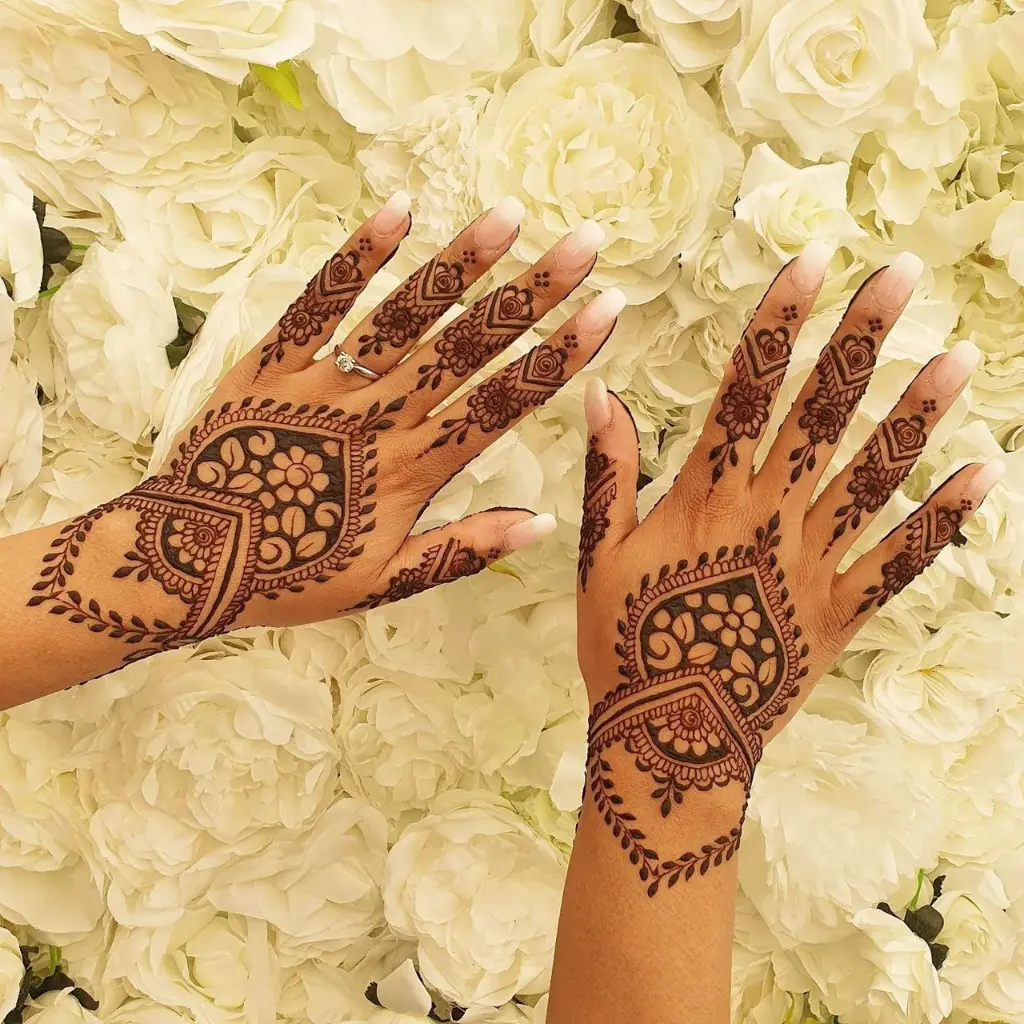
The Engagement Party (Katb al-Kitab)
In many Arab cultures, the engagement party is a formal event where the couple signs the marriage contract, known as Katb al-Kitab. This ceremony is often attended by close family members and marks the official beginning of the wedding festivities.
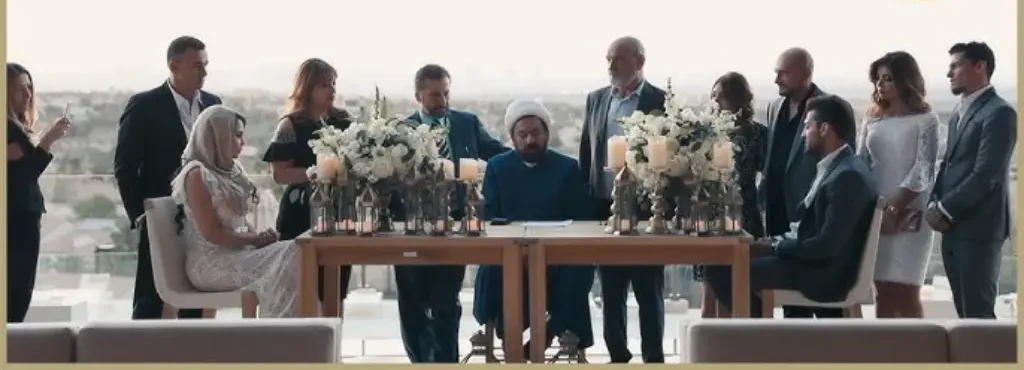
The Bridal Shower (Dukhlat al-Arous)
Similar to Western traditions, some Arab cultures have a bridal shower, where the bride receives gifts and well-wishes from her female relatives and friends. This event is a chance for the bride to relax and enjoy time with her loved ones before the wedding.
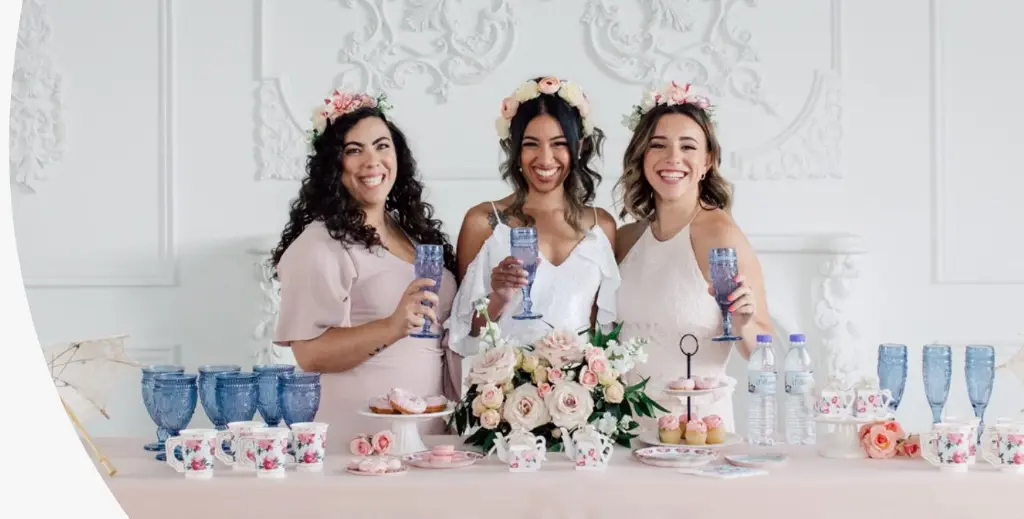
The Wedding Day: A Day of Joy and Celebration
The wedding day itself is the highlight of the festivities, filled with rituals, ceremonies, and, of course, plenty of dancing. While the specifics may vary, here are some common elements you’ll find in most Arab weddings.
The Zaffa: A Grand Entrance
The Zaffa is a traditional wedding procession that marks the arrival of the bride and groom. Accompanied by drummers, dancers, and singers, the couple makes a grand entrance to the reception venue. This lively procession sets the tone for the celebration and is a highlight of the wedding.
The Wedding Ceremony
The actual wedding ceremony is often a private affair, attended by close family members. It may include readings from the Quran, blessings from elders, and the exchange of vows. In some cultures, the bride and groom sit on a kosha, a beautifully decorated throne, as they are celebrated by their guests.
The Reception: A Night of Feasting and Dancing
The wedding reception is where the real party begins. Guests are treated to a lavish feast, featuring traditional dishes like mansaf, kabsa, and mezze. The evening is filled with music, dancing, and performances, creating a festive atmosphere that lasts late into the night.
Traditional Arab Wedding Attire: A Symbol of Elegance and Heritage
The bride and groom’s attire is one of the most important aspects of an Arab wedding. Traditional wedding dresses and suits are not only beautiful but also rich in cultural significance.
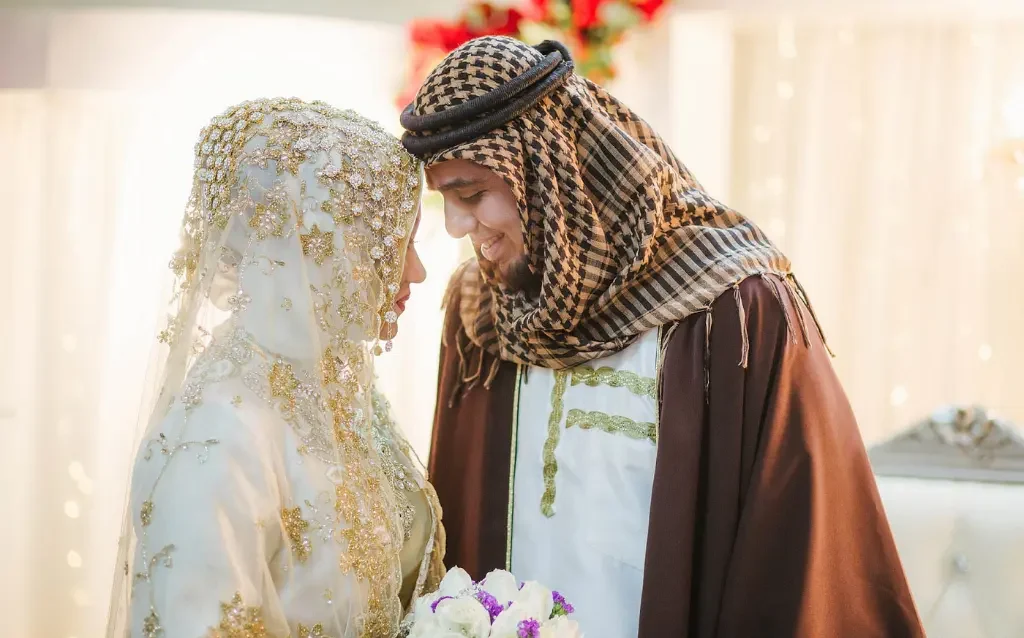
The Bride’s Dress
Arab brides often wear stunning gowns that reflect their cultural heritage. Traditional dresses may feature intricate embroidery, luxurious fabrics, and bold colors like red, gold, or green. In recent years, many brides have also embraced white or ivory dresses with modern designs.
The Groom’s Outfit
The groom typically wears a thobe or kandura, a long robe that is often white or beige. In some cultures, he may also wear a bisht, a cloak made of fine fabric and embellished with gold or silver embroidery.
Accessories and Jewelry
No Arab wedding outfit is complete without the right accessories. Brides often wear elaborate headpieces, veils, and gold jewelry, while grooms may accessorize with a keffiyeh (headscarf) or a mabkhara (incense burner).
Modern Trends in Arab Weddings
While tradition remains at the heart of Arab weddings, modern couples are finding new ways to personalize their celebrations. Here are some trends that are shaping the future of Arab weddings.
Fusion Weddings
Many couples are blending traditional Arab customs with elements from other cultures, creating unique fusion weddings. For example, a bride might wear a white gown for the ceremony and change into a traditional dress for the reception.
Destination Weddings
Destination weddings are becoming increasingly popular among Arab couples. From the beaches of Dubai to the historic cities of Morocco, these weddings offer a chance to celebrate in a stunning location while incorporating local traditions.
Eco-Friendly Weddings
Sustainability is a growing concern, and some couples are opting for eco-friendly weddings. This might include using locally sourced materials, reducing waste, and choosing sustainable decor.
The Role of Food in Arab Weddings
Food is a central part of any Arab wedding, and the menu is often a reflection of the couple’s cultural background. Here are some traditional dishes you might find at an Arab wedding:
- Mansaf: A Jordanian dish made with lamb, rice, and a tangy yogurt sauce.
- Kabsa: A spiced rice dish with meat, popular in the Gulf region.
- Mezze: A selection of small dishes, including hummus, tabbouleh, and falafel.
- Baklava: A sweet pastry made with layers of filo dough, nuts, and honey.
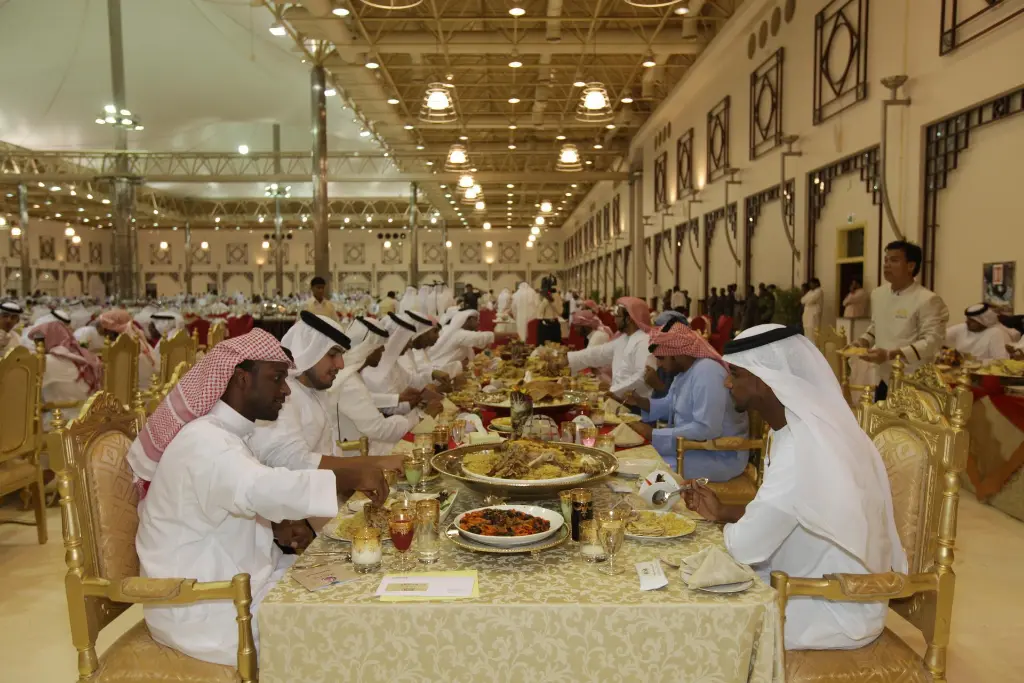
The Future of Arab Weddings
As the world becomes more interconnected, Arab weddings continue to evolve. While traditional customs remain important, modern couples are finding new ways to celebrate their love and heritage. Whether it’s through fusion weddings, destination celebrations, or eco-friendly practices, the essence of Arab weddings (love, family, and joy) remains unchanged.
Arab weddings are a beautiful blend of tradition, culture, and celebration. From the henna night to the Zaffa procession, every ritual is filled with meaning and joy. These weddings are not just about the couple but about bringing families and communities together in a shared celebration of love. Whether you’re planning an Arab wedding or simply curious about this rich culture, we hope this guide has given you a deeper appreciation for the magic of Arab weddings.
By understanding the traditions, rituals, and modern trends of Arab weddings, you can see why these celebrations are so cherished. They are a testament to the enduring power of love, family, and culture, and they continue to inspire people around the world. Whether you’re dancing at a Zaffa or savoring a plate of mansaf, an Arab wedding is an experience you’ll never forget.


